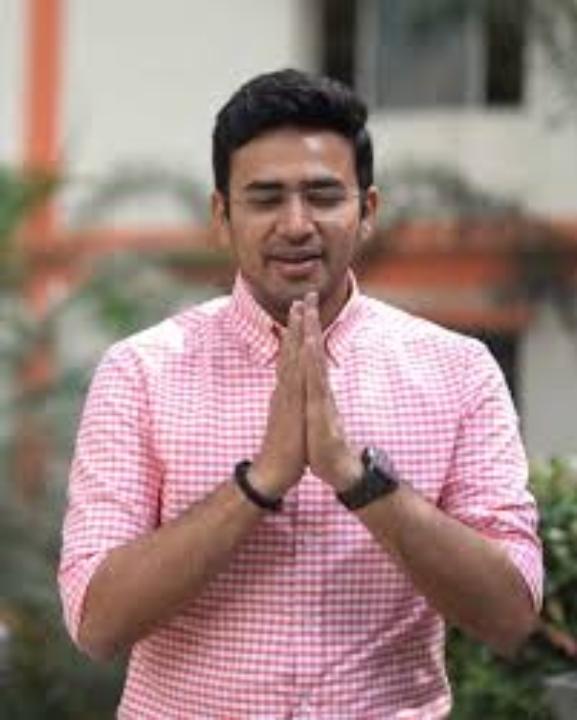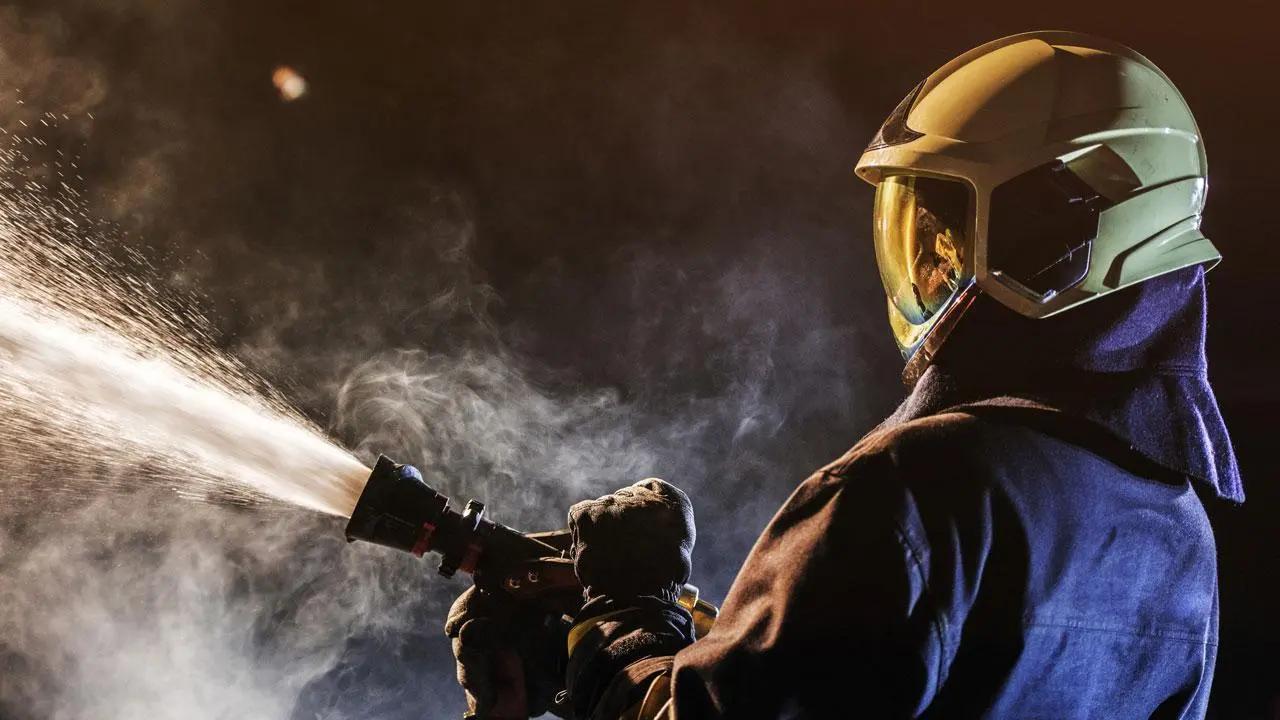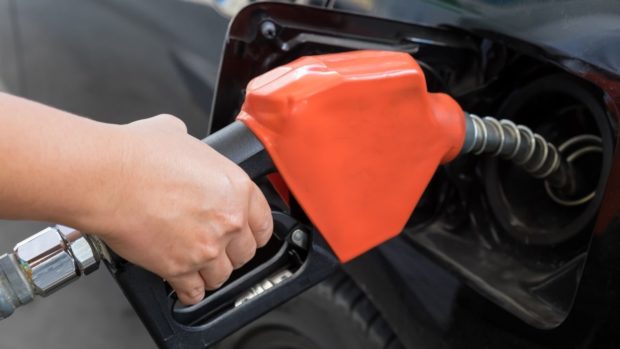
It used to be that being a member of the Qantas Chairman’s Lounge or Virgin’s equivalent Beyond Lounge was the height of fashion among the nation’s powerful. But in Canberra, making a show of independence by quitting these elite member clubs is now very much on-trend. Various teal MPs are spearheading the abandonment of airline perks .
And in doing so, they are making teal the new black. The furore around Anthony Albanese’s alleged 22 Qantas upgrades has placed an uncomfortable spotlight on politicians’ conflicts of interest. Credit: AAP/ Alex Ellinghausen The furore around Anthony Albanese’s alleged 22 Qantas upgrades, some of which were sought directly from former Qantas boss Alan Joyce, according to a new book by Joe Aston , has placed an uncomfortable spotlight on the conflict of interest created when politicians have policy influence over companies from which they are receiving valuable gifts.
The strangest aspect to this story is that it has taken decades to become an issue du jour. It wasn’t even a dirty little secret. For politicians, it has long been accepted as a perk of the job, rather than being questioned as a conflict.
The government’s decision to deny Qatar Airways additional services into the major capital cities last year was a case in point about how its independence could have been compromised by its closeness to Qantas and, in particular, the prime minister’s apparent bromance with Joyce. The strangest aspect to this story is that it has taken decades to become an issue du jour. Having Albanese’s son floating on the same gravy train is doubly messy.
Eschewing these perks is political gold for those politicians prepared to bypass that private entrance inside the airport (with the unmarked door) and just utilise the same lounge that other frequent flyers inhabit. (It’s not exactly purgatory and the food and drinks are still free and one can pay for access.) Making a statement about independence is a smart move by politicians who see votes in their image credentials.
But for Qantas and Virgin, these lounges serve a larger purpose. Loading For them, these rarefied lounges are the ultimate loyalty scheme for their corporate customers, and they made a lot of business marketing sense. Despite what people may think, the Qantas chief executive and chairman don’t sit down over a glass of wine at the end of the year and hand pick Chairman’s club members.
Around 90 per cent of members are picked by companies who are corporate clients. Each of Qantas’ business clients is allocated a number of Chairman’s Lounge memberships, based on their annual spending with the airline. Let’s take Woolworths.
Hypothetically, it may have a $2 million yearly airline budget with Qantas and be given three Chairman’s Lounge memberships. And it would be Woolworths that decides who from within its organisation gets the perk. Qantas’ exclusive Chairman’s Lounge (pictured at Brisbane Airport).
Big corporate accounts are very lucrative for airlines, so for Qantas offering perks to senior corporate executives is a sensible investment, even though operating these elite lounges is expensive. (Readers may remember that when Virgin was bought out of administration its strategy was to abandon its Chairman’s lounge equivalent, Beyond. But its desire to retain corporate clients ultimately resulted in the decision to reinstate the invitation-only exclusive club.
) So what about the 10 per cent of members who don’t earn their spot through a corporate account or usage? Some of these people are just VIPs or celebrities that Qantas has presumably decided to grace the Chairman’s Lounge with because they are ornamental and the corporate customers appreciate rubbing shoulders with them. Let’s say Kylie Minogue, Sarah Snook or Cate Blanchett. No harm there.
The decades-long practice of inviting all politicians into the Chairman’s Lounge clearly makes sense for Qantas. Sure, they have a touch of celebrity status, but they also have outsized influence, particularly over the highly regulated aviation industry. But for the politicians accepting the largesse, it does raise the problem of conflict.
Would the public be concerned if the health minister got given a higher level of private health insurance? Should any minister (state or federal) be given a free pass for toll roads? So it is completely understandable that a movement is gaining traction for politicians to waive their membership of airline lounges. If this means they need to sit in McDonald’s and savour a McCafé blend while they wait for boarding, then so be it. The Business Briefing newsletter delivers major stories, exclusive coverage and expert opinion.
Sign up to get it every weekday morning . Save Log in , register or subscribe to save articles for later. License this article Loyalty programs Opinion For subscribers Qantas Anthony Albanese Elizabeth Knight comments on companies, markets and the economy.
Connect via Twitter or email . Most Viewed in Business Loading.












